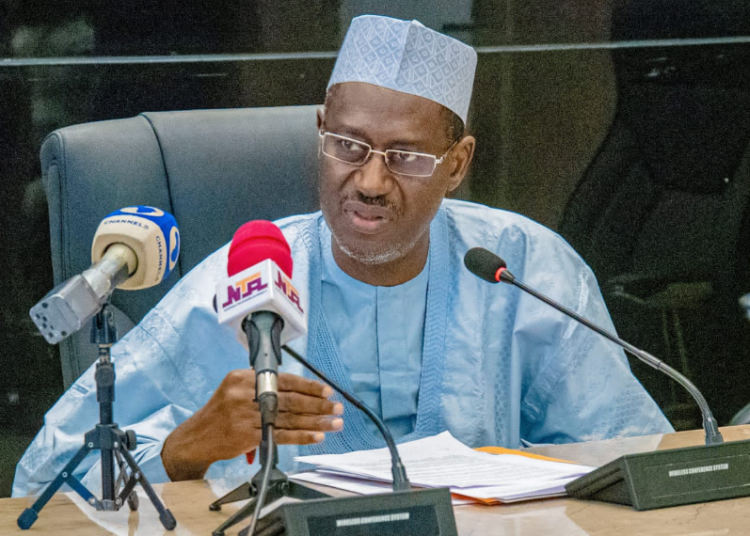Minister of Housing and Urban Development, Ahmed Musa Dangiwa, has said the federal government is on the verge of launching the National Social Housing Fund (NSHF). The initiative is carefully designed to ensure that all Nigerians, including the vulnerable and underprivileged groups, have access to decent and dignified accommodation.
The minister stated this on Thursday at the 2024 Annual lecture and awards ceremony of the Property and Environment Writers Association of Nigeria (PEWAN) with the theme,’ Resolving the Financial and Regulatory Dilemma to Achieve Renewed Hope Agenda on Housing’ held in Lagos.
Dangiwa, represented by the director of Press and Public Relations, Federal Ministry of Housing and Urban Development, Salisu Badamasi Haiba, said the initiative is in line with President Bola Tinubu’s Renewed Hope Agenda to ensure that all Nigerians, including the LOW AND NO INCOME, vulnerable and underprivileged groups have access to decent and dignified accommodation. We are completing a memo to the Federal Executive Council (FEC) and an Executive Bill to the National Assembly to create a National Social Housing Fund. Potential funding sources include budgetary provision, donations from philanthropic organisations, Corporate Social Responsibility and voluntary contributions from Nigerians.
“On Regulations, we have done quite a lot to address the legacy issues that have, over the years, clogged the wheel of progress towards effective housing delivery and urban development in Nigeria. Beyond strengthening the ministry’s and its agencies’ institutional and regulatory frameworks, we are also doing a lot in land administration.”
Harping on other initiatives to achieve its objectives through the Renewed Hope Cities and Estates Programme, he added that the ministry currently has 14 active construction sites nationwide for 10,112 housing units.
“On the other hand, we are currently constructing 12 Renewed Hope Estates, comprising 250 housing units across 12 states, with two from each geo-political zone. The states include Yobe, Gombe (North-East); Nasarawa, Benue (North-Central); Sokoto, Katsina (North-West); Abia, Ebonyi (South-East); and Delta, Akwa Ibom (South-South); totalling 3,000 units.”
Dangiwa pointed out that the housing sector’s potential remains a driver of economic growth, saying the feat is evident in the job opportunities created by the Renewed Hope Cities and Estates Programme.
Earlier, the Chairperson of the Property and Environment Writers Association of Nigeria (PEWAN), Mrs Okwy Iroegbu-Chikezie, lamented that the country has become entangled in the twin issues of a housing deficit and a high vacancy rate in the real estate sector.
She added, “With the increasing cost of building materials occasioned by high inflation, interest rates and the excruciating impact of the economic policies of the present government on the citizens, home ownership has become an enormous challenge to many.’’











